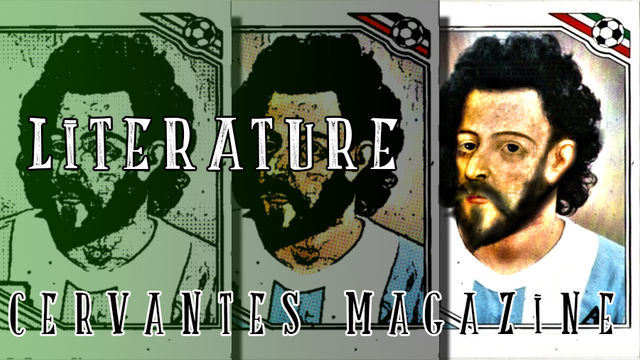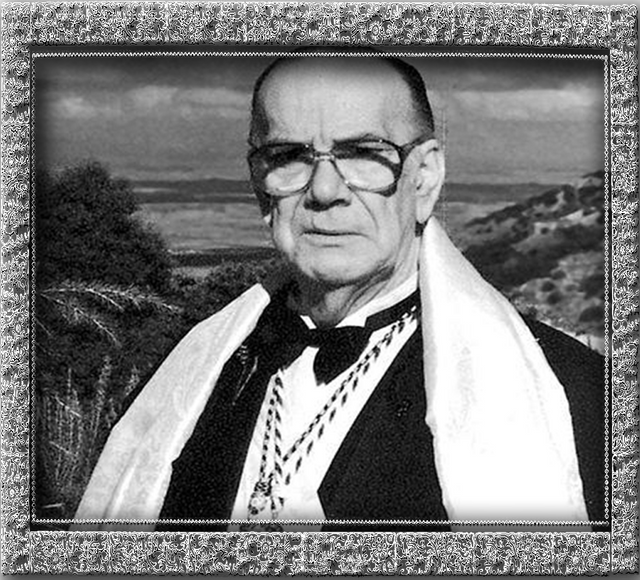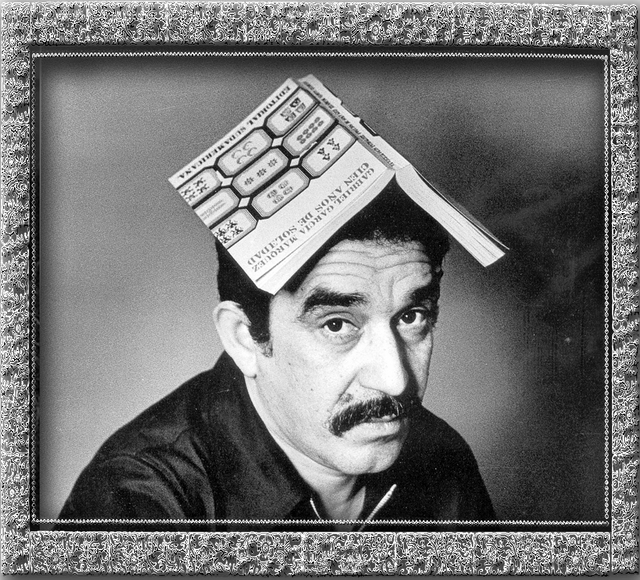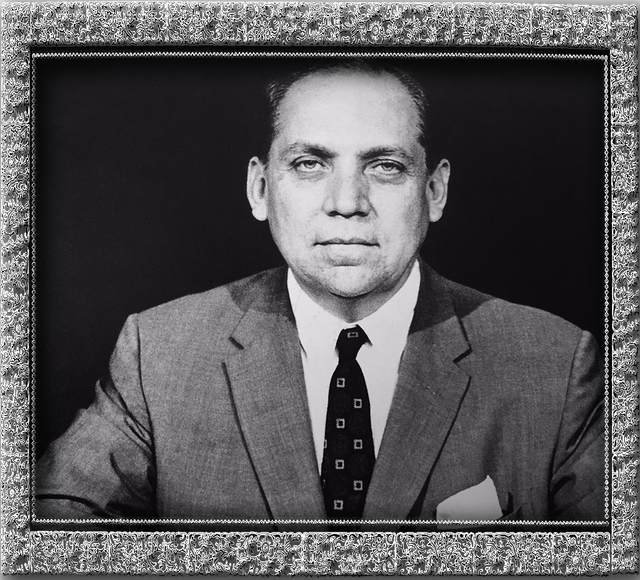Cervantes Magazine Number 19: Literature

The eleven Nobel prizes that Spanish Literature has surely vindicate the importance of this language for the world. Nor is it a secret that the language of Cervantes is one of the most complex to learn and dominate for foreigners, even for their children scattered mainly in Spain and Latin America, children who in due time have expressed respect and admiration for that language, taking it to a place that if it is not heaven, it looks like it.

Speaking of idols is something difficult or simple if we take into account that the person who is writing these words does not have them, or wants to makes himself believe that he doesn’t, because of the tragic end that each idol carries with it: their destruction. So it is better to speak of admiration.
First admired Author: Camilo José Cela. (La Coruña, 1916-Madrid, 2002)

Cela practically practiced all literary genres: theater, poetry, short stories, essays, travel books, and the novel. It is in the latter where perhaps he stands out or he’s better known for, because he took the Spanish language, and shaped it at will as a goldsmith, giving us impossible and at the same time daring forms in the construction of a phrase, in such a way that It gives the feeling that it is something new and beautiful, something that can be seen as Japanese calligraphy.
His first novel i read (and the first he wrote) was The Family Of Pascual Duarte in which, with a seemingly simple prose, he manages to give a tremendous effect when he narrates the most atrocious events the protagonist is committing, telling his stories. misadventures by his relatives: "... there is no worse hatred than that of the same blood; [..] because nothing is hated with more intense vigor than what one resembles and one comes to hate resemblance."
One could at least expect from writer, a good command of the language with which the piece is expressed. However, Cela goes further, a truth that is evident in one of his best works, Mazurca for two dead Men. Here, Spanish is so peppered with Galician that sometimes you don't even know if you are facing one or another, thus degrading the dividing border between the languages, as a way to represent the lines that begging to the novel and are repeated several times: "... it rains on the earth that is the same color as the sky, between soft green and soft ashen gray, and the line of the mountain has been erased for a long time". The qualities that stand out of Cela are his intelligence and his capacity to transgress continuously. No novel resembles each other.
Second admired Author: Gabriel García Márquez, (Aracataca 1927-Mexico City, 2016)

Best known for his novel One Hundred Years of Solitude, Gabo deploys an arsenal of literary resources in favor of the plot and the language and, in no case becomes artificial. If Cela is admired for creating beautiful phrases, Gabo can be admired for creating images of equal size and note the difference, it is as if he gives his texts an unbreakable magic that makes the reader smile. "It was a crew of crazy people who made women happy and they were not paid with money but with sponges, living sponges that later walked inside the houses, moaning like hospital patients and making children cry to drink tears ", Candida Eréndira.
Also, the journalistic articles of García Márquez belong to another level, to a category that to be published in such medium, feel bigger. They are the work of a genius that is disrupted by the injustice of the ephemeral and the thirst for news, because within each of them there is a story that Gabo extracts as a diamond and shows it to the public as a fair novelty , read When he was happy and undocumented, and makes us live a Macondo in our real world.
Third admired Author: Arturo Uslar Pietri (Caracas, 1906-2001)

With only 23 years, Pietri writes in Paris Las lanzas coloradas, and publishes it in Madrid in 1931 at 25 years of age, becoming almost immediately a reference of Hispanic letters. In contrast to Gallegos, his prose is more effective, direct and devoid of ornaments, with which he manages to transmit the shock effect before a war that seeks independence: "Later on, the laughter of a bunch of Indians. Greenish skin, a feather of macaw in their sleeping hair and a dirty loincloth; the bow and arrows to the back. There were the Indians. They were also Venezuelans. "
But, if there is something that stands out of Uslar Pietri, it is his essay-writing ability, whether written or "improvised", that is, on paper or in front of the cameras. It is there where his unpretentiousness demonstrates his high degree of erudition, being able to jump from one subject to another without stumbling in order to achieve contrasts or complement an idea in a consistent language.
Knowing the history of Venezuela and the world, he pokes it, compares it and exposes it with a certain elegance, demolishing myths and building our Hispanic identity, which for him is neither one nor the other, but with all this meeting of cultures it does not become Spanish at all, neither indigenous, nor African, but something original of this New World, although it has been as or older than the world he knew. "And yet it was a world full of old things. Of some of the oldest things in the universe." But Uslar Pietri also discussed political and economic issues, articles such as those published in the newspapers in 1947 and which are still valid today, anticipating or foreseeing the catastrophe that Venezuela currently suffers: "The day on which [oil production] declines will have sounded for Venezuela one of the most terrifying economic and social catastrophes. "
In 1990, Arturo Uslar Pietri was awarded the Prince of Asturias Prize for Literature for having "uniquely contributed to vivifying our common language", Spanish.
Ysaías Núñez
[Return to Home page]

Nice post! I will follow you from now on. I give you a vote!
Thank you, @Dtubix!!!